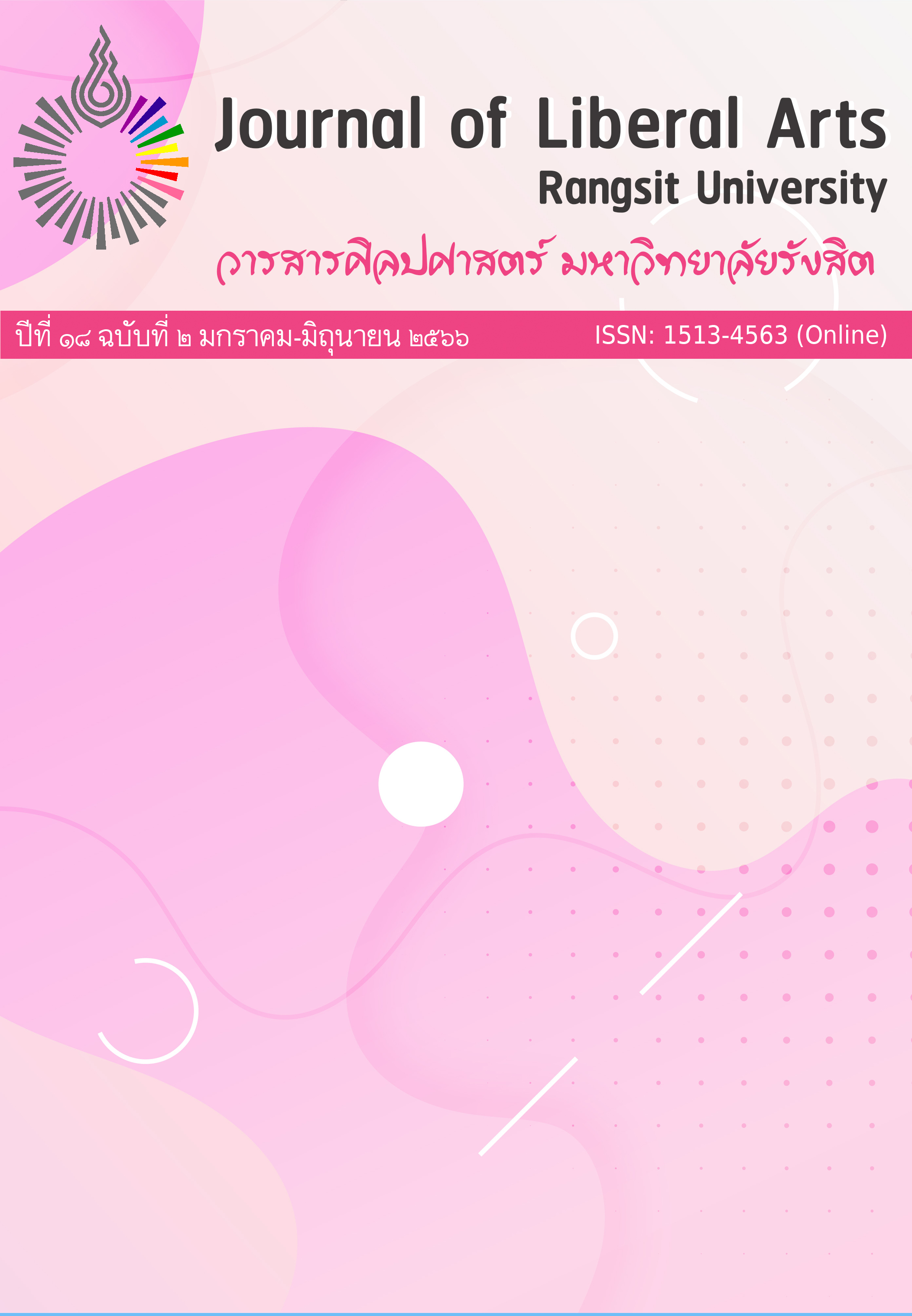Habitus of Students in Bilingual Schools
Main Article Content
Abstract
This research aimed to investigate the habitus of primary level students in bilingual schools and the cultural capital of bilingual schools based on Pierre Bourdieu’s theory of habitus and capital. The research employed qualitative methodology. The instrument was an in-depth interview with key informants who were school administrators, teachers or assistant teachers, students and their parents, emphasizing public and private bilingual schools in Thailand. The results revealed that students’ habitus was formed through how they were raised and the environment in which they grew up. Their habitus could change during their school years. Their school friends and teachers were found to play a significant role in stimulating change in their habitus according to the policies and practices determined by school administrators. Their habitus was developed into personal skills or cultural capital which could then be exchangeable to economic, social, and symbolic capitals, resulting in social classification. Social class inequality was caused by the existence of social promotion through being educated in bilingual schools, leading to cultural capital and social and cultural reproduction.

